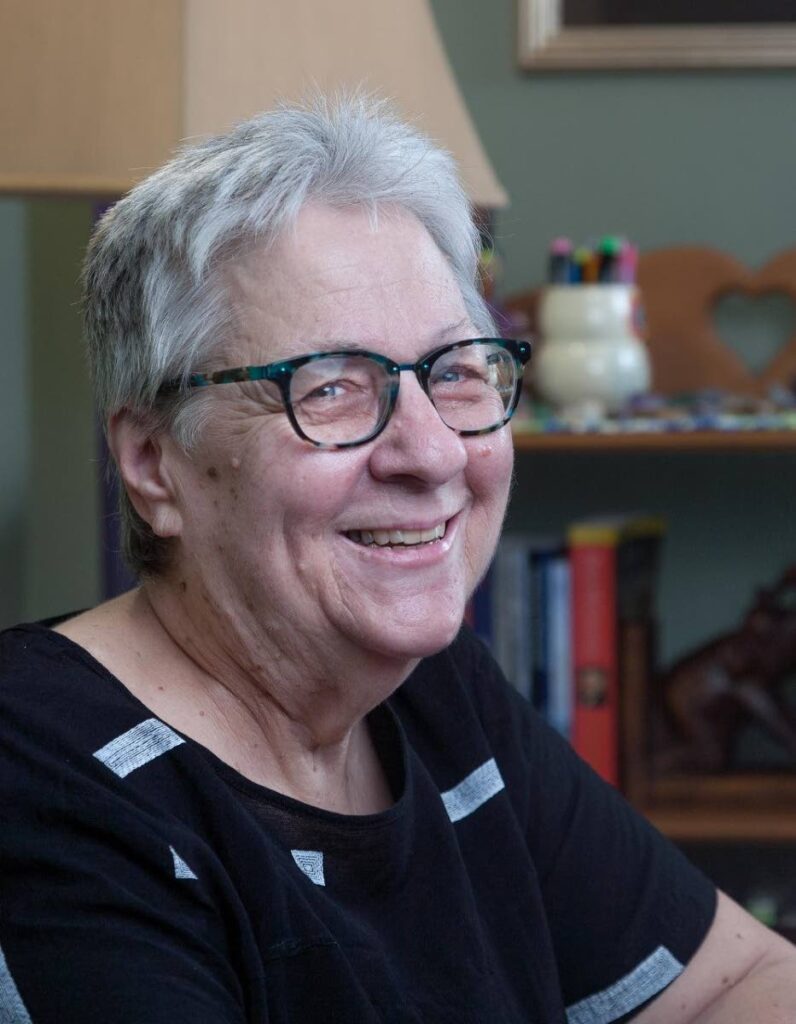Honour our independence: Recognise Kwame Ture

Debbie Jacob
I CAN’T fathom why Trinidad-born Kwame Ture, known to all of us growing up in the US in the 60s as Stokely Carmichael, is not honoured by everyone in this country for his contributions to the Black Power movement.
He was as important as Martin Luther King Jr and Malcolm X in fighting social injustice and prejudice. King was especially fond of Carmichael, who had migrated to the US to join his family when he was 11.
As I wrote in Making Waves: How the West Indies Shaped the US, “If charisma had been a crime, the FBI would have investigated Stokely Carmichael for that too.”
The FBI had a fat file on him.
His work in the civil rights movement is well-documented, but Carmichael did important work in the Student Non-Violent Co-ordinating Committee (SNCC – pronounced “snick”). At 25, he was elected SNCC’s president. While in SNCC, Carmichael worked in the deep south to register poor, rural black voters. In Lowndes County, Alabama, a bastion for racism, he raised the number of registered black voters from 70 to 2,600 – 300 more than registered white voters.
He was first arrested for trespassing by the Jackson, Mississippi Police Department in 1961. He said he stopped counting the number of arrests when he reached 32.
His West Indian roots were constantly dredged up by the FBI. In a letter dated August 2, 1966, the FBI said, “The area (the West Indies) is a stepping stone for communists to infiltrate into the Western Hemisphere to promote unrest here in the States.”
His biographer Peniel E Joseph said, “In a remarkably short time, Carmichael became a leader among equals. His knack for turning competitors into friends made him an effortless politician, one whose gift for mimicry could soothe a wounded ego, and whose words could alternately flatter, tease, cajole and admonish.”
When he ended up in Mississippi’s Parchman Penitentiary – one of the worst prisons in the US – for his civil rights work, other activists incarcerated there remembered Carmichael singing and uplifting everyone’s spirit. They remember him lying on his mattress and being dragged by guards along the cell-block floor and Carmichael singing I’m Gonna Tell God How You Treat Me.
His work in the civil rights movement got him banned in TT. It didn’t staunch the Black Power Movement that filtered down here from the North. Carmichael had lived at 54 Oxford Street “at the foot of 42 steps,” he said. He described himself as being from a working-class African neighbourhood. His house had been built by his father and it had movable walls for entertaining. He remembered hearing steelband music. No ban, no amount of prejudice in the US and no arrests ever made him forget his Trinidadian roots.
Unlike King and Malcolm X, assassinated during the civil rights movement, Carmichael lived to reinvent himself as Kwame Ture, a pan-Africanist. He moved to Ghana and died there at 57.
In this country, we have not properly honoured a son of the soil who had a profound effect on the Black Power Movement from the tip of North America to the southern tip of the Caribbean.
This is a travesty of justice. We should have a commemorative plaque where he lived and a statue to honour Ture as a symbol of independence. We need to shed our fear of honouring people willing to stand up against injustice. As a country, we need to curb our fear of independent thinkers.
The question is, are we more afraid of Carmichael’s role in challenging injustice during the civil rights movement, or more afraid of Ture who advocated unity in his pan-African work? Agitation and unity are dangerous and scary positions in a country entrenched in neo-colonialism. We do colonialism better than the colonialists, beginning with the concept of divide and rule.
I doubt that you can find any student who can identify what true leadership looks like. Adults feel hard-pressed to define that too.
Independence Day is on Thursday and we will have the usual, useless fireworks. Making noise we are good at. But we need to be reminded what independence really is, and the role Kwame Ture played in that.
Time to take our heads out of the sand, honour our history, recognise a profound hero and make sure every youth growing up in this country studies Ture and his role in the Black Power Movement.
I want to go to a park and see children standing before a statue of Kwame Ture and literally looking up to a great man.


Comments
"Honour our independence: Recognise Kwame Ture"